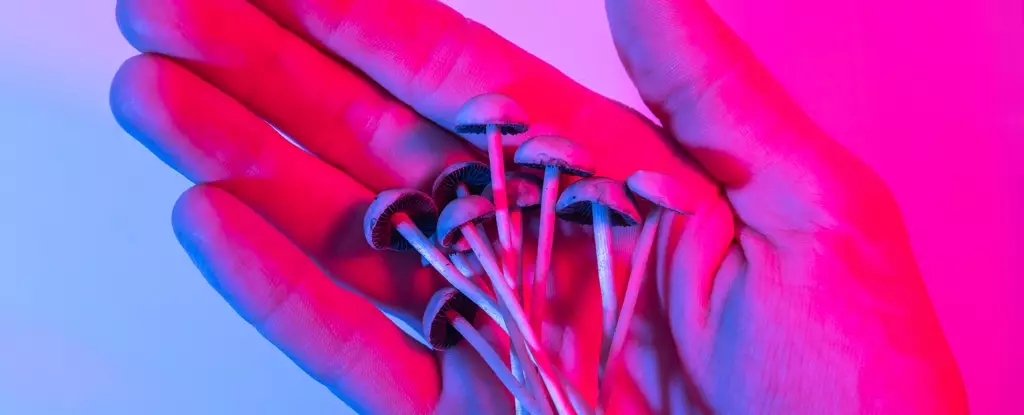In recent years, there has been a concerning increase in the number of calls to poison control centers in the U.S. related to psilocybin exposure among adolescents and young adults. Psilocybin, a hallucinogenic compound found in “magic mushrooms,” has gained popularity as a recreational drug, especially after it was decriminalized and legalized in certain cities and states. This article analyzes the data from 55 U.S. poison centers between 2013 and 2022 to understand the trend of psilocybin-related cases among the youth population.
As emergency medicine physicians and epidemiologists, our primary goal is to track public health risks associated with poisons and develop strategies to prevent harm. We are deeply troubled by the significant increase in calls to poison control centers linked to psilocybin ingestion. While psilocybin can induce euphoria and psychedelic experiences, it can also lead to serious side effects such as psychosis, hallucinations, delusions, and agitation. It is vital to note that psilocybin is classified as a Schedule 1 substance in the U.S., indicating its high potential for abuse and lack of accepted medical use.
Over the span of a decade, there were 4,055 reported cases of psilocybin exposures among individuals aged 13 to 25. The data reveal a substantial surge in psilocybin-related cases among adolescents and young adults following the decriminalization and legalization of the substance in various jurisdictions. Notably, the majority of these cases required medical attention, with symptoms ranging from hallucinations and agitation to confusion and rapid heart rate. These findings align with previous studies on the increase in cannabis poisoning cases among youths post-marijuana legalization.
The rise in psilocybin poisoning cases among adolescents and young adults underscores the importance of implementing stringent regulations and education programs to curb recreational drug use among the youth population. Despite age restrictions imposed by states and cities that have decriminalized or legalized psilocybin, it is evident that young individuals are still accessing the substance through illegal means. It is imperative for policymakers, healthcare professionals, and communities to work together in addressing this public health concern and safeguarding the well-being of the younger generation.
The escalating trend of psilocybin poisoning cases among adolescents and young adults in the U.S. raises significant alarms regarding the accessibility and potential risks associated with this hallucinogenic compound. A collaborative effort is needed to mitigate the adverse effects of psilocybin use and protect vulnerable populations from harm. By implementing targeted interventions and raising awareness about the dangers of recreational drug experimentation, we can strive towards a healthier and safer future for our youth.


Leave a Reply